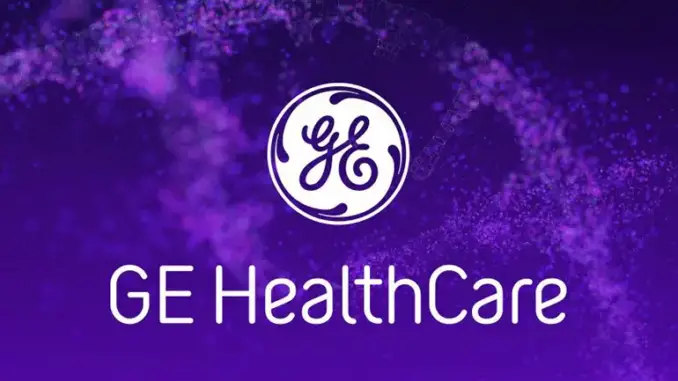
What You Should Know:
GE HealthCare announced a $44M contract with the Biomedical Advanced Research and Development Authority (BARDA) —part of the Administration for Strategic Preparedness and Response (ASPR) within the U.S. Department of Health and Human Services (HHS)—to develop and obtain regulatory clearance for next-generation ultrasound technology with AI applications.
– The goal of the technology will support clinicians of all skill levels in efficiently diagnosing and providing treatment for patients with lung pathologies and traumatic injuries to the abdomen, chest, and head.
AI-Driven, Point-of-Care Ultrasound to Aid Emergency Situations
Trauma is a leading cause of death in the United States posing an enormous burden to healthcare systems and society. Trauma patients’ survival is dependent on receiving timely and appropriate care. Injury detection and triage of trauma patients play key roles in successful patient care and resource management, both in everyday situations and in mass casualty events. Technologies that expedite care, including detection, evaluation, and decision-assist capabilities, potentially increase patients’ chances of survival.
Through this collaboration with BARDA, GE Healthcare will build upon its existing point-of-care ultrasound technology portfolio to develop an advanced probe and ultrasound system together with novel AI technology to ease acquisition and interpretation of ultrasound exams for users of all skill levels. The proposed devices will cover indications for multiple injury types: blunt and penetrating trauma, head trauma, lung injuries, as well as multiple lung pathologies encountered outside trauma care such as those seen in infectious diseases.
“Point-of-care ultrasound is an essential tool in emergency situations to help clinicians quickly get the answers they need when treating patients,” said Roland Rott, President and CEO, Ultrasound, GE HealthCare. “We are grateful and excited for the opportunity to partner with BARDA to contribute our expertise in ultrasound and AI applications to develop innovative solutions for identifying a range of traumatic injuries and lung pathologies. Our collaboration has the potential to enhance the ability of clinicians to provide timely care for trauma patients even in the most dire scenarios.”
The project has been supported in whole or in part with federal funds from the Department of Health and Human Services; Administration for Strategic Preparedness and Response; Biomedical Advanced Research and Development Authority (BARDA), under contract number 75A50123C00035.